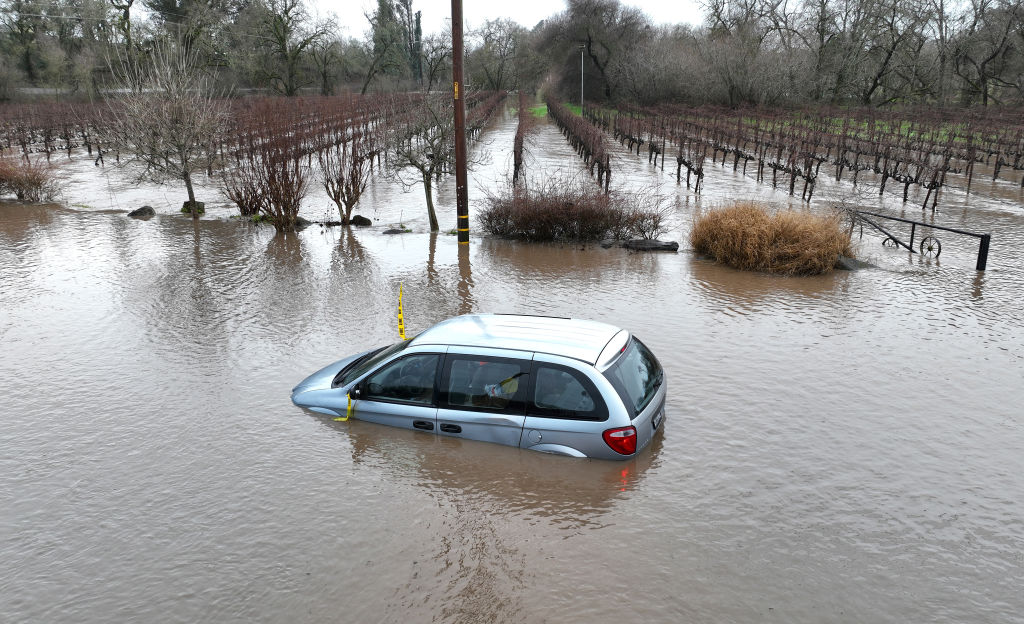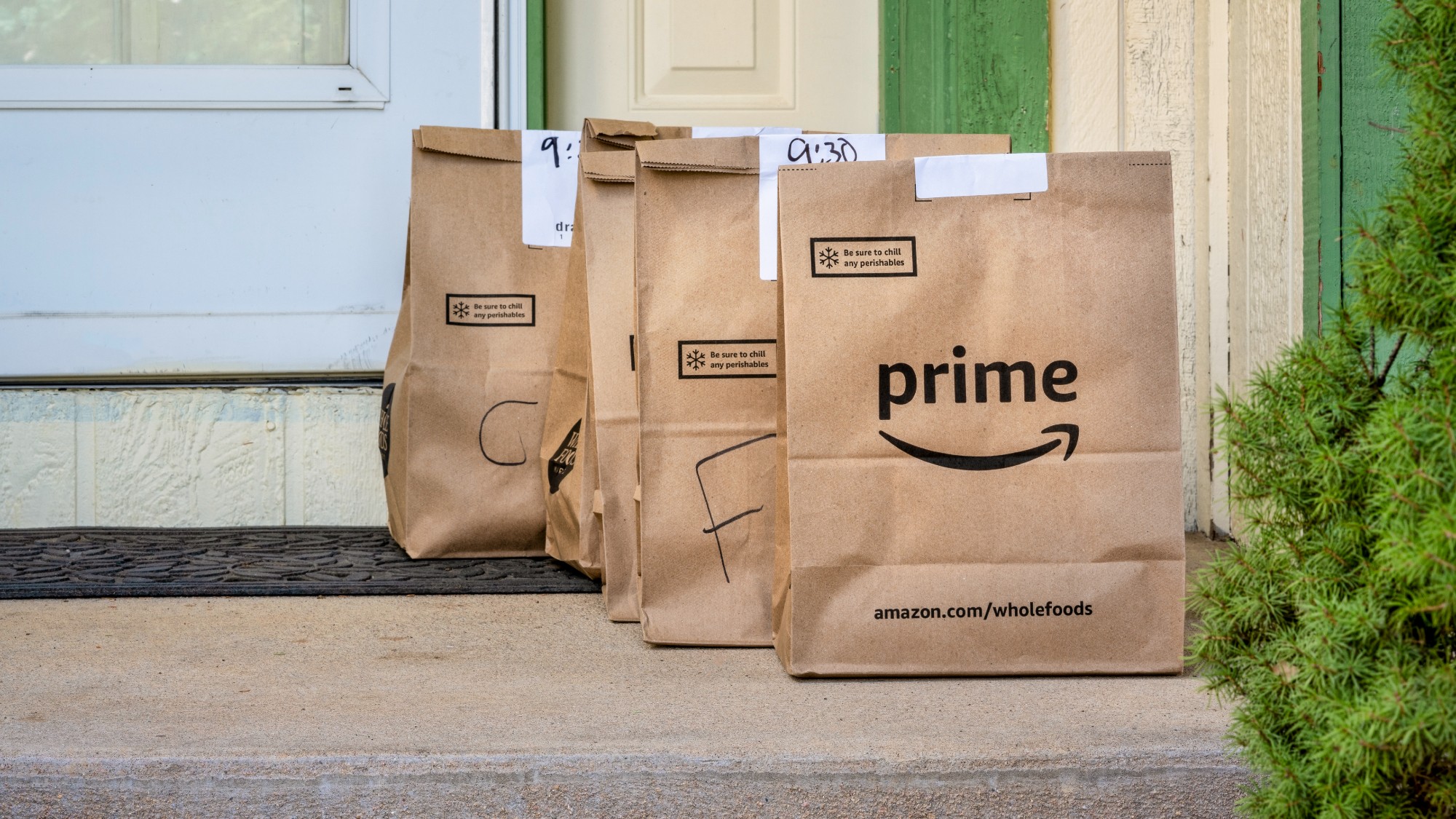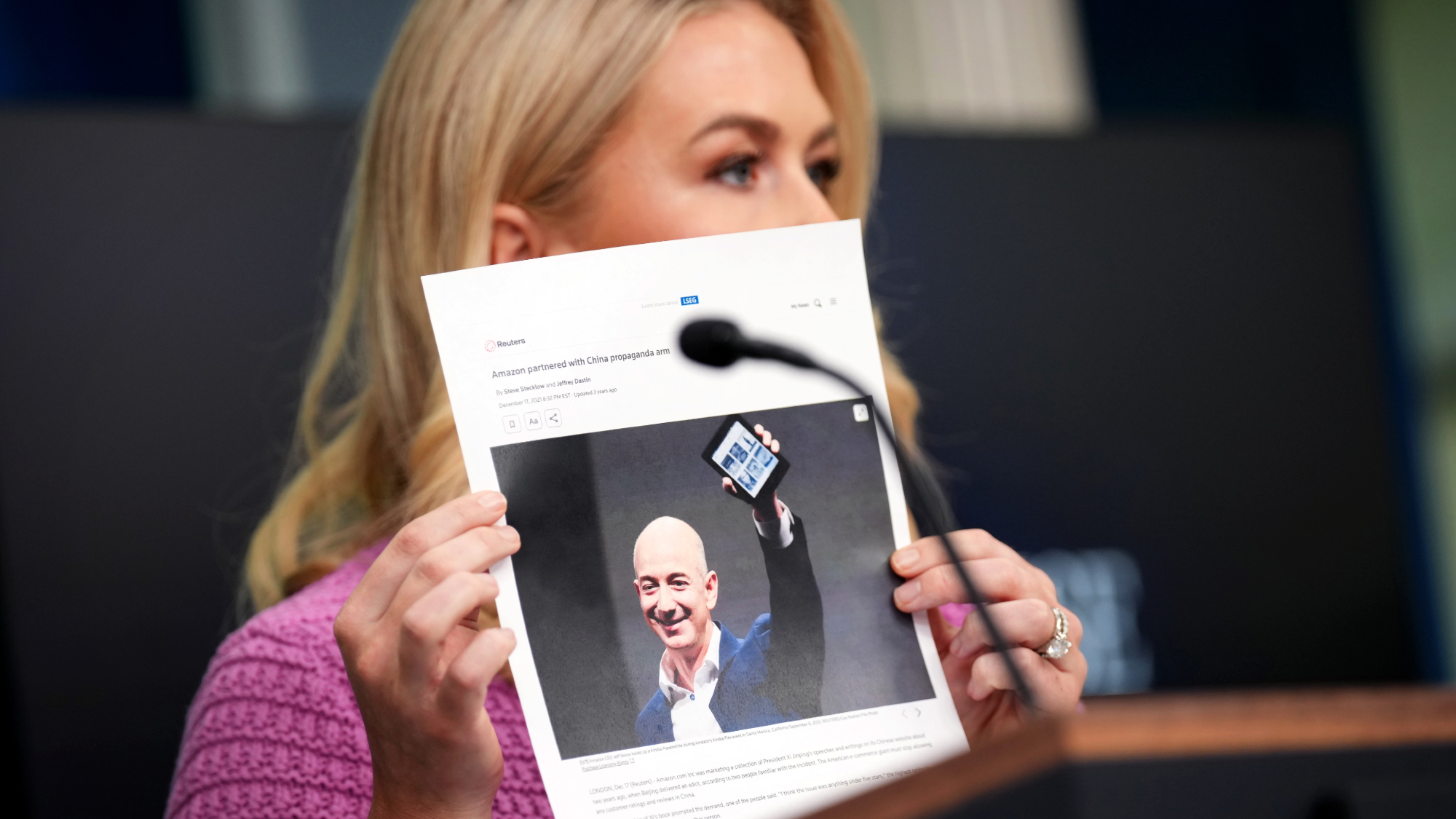Avoid California's waterlogged cars
And more of the week's best financial insight

A free daily email with the biggest news stories of the day – and the best features from TheWeek.com
You are now subscribed
Your newsletter sign-up was successful
Here are three of the week's top pieces of financial insight, gathered from around the web:
Ordering quiet quitters back to work
Bosses are on to you, quiet quitters, said Jane Thier in Fortune. Citibank offers flexible schedules, but it's ordering employees "back to their cubicles" if they're unproductive at home. CEO Jane Fraser pointedly noted that they'll get coaching in the office. That sounds like a crackdown on "quiet quitting," or "doing the bare minimum" on the job. Remote-work fans insist there's no "quiet-quitting epidemic." Slack's think tank, Future Forum, surveyed white-collar workers and found that "those with full schedule flexibility showed 29 percent higher productivity scores" than employees with none. But many CEOs are still "bullish on a return to office."
The end of the road for AmazonSmile
Amazon is pulling the plug on its AmazonSmile charity program, said Michael Grothaus in Fast Company. AmazonSmile, which the e-commerce giant launched in 2013, lets a shopper designate a nonprofit to receive a donation equal to 0.5 percent of the customer's purchase. Amazon concluded that, with a million eligible charities, "the impact of the donations were relatively minor and 'often spread too thin.'" AmazonSmile has distributed $500 million overall‚ but the average charity on the list got just $230. The shutdown comes as Amazon is cutting costs in many ways, including through more than 18,000 layoffs, "amid fears of a slowing economy and high inflation." Amazon says it will continue other charitable giving. That's cold comfort to tiny nonprofits, which argue that "even relatively small donations can have a large impact."
The Week
Escape your echo chamber. Get the facts behind the news, plus analysis from multiple perspectives.

Sign up for The Week's Free Newsletters
From our morning news briefing to a weekly Good News Newsletter, get the best of The Week delivered directly to your inbox.
From our morning news briefing to a weekly Good News Newsletter, get the best of The Week delivered directly to your inbox.
Avoid California's waterlogged cars
California is swamped with flood-damaged cars, said Daniel Miller in the Los Angeles Times, and some of them are likely to quietly find their way to the used-auto market. "Hundreds, if not thousands, of vehicles were inundated during the series of rainstorms" that just ripped through the state. Insurance companies will total many of the vehicles. They'll get new titles with "salvage" or "junk" designations and go to auction. Some bidders will use the "drowned derelicts" for their parts. Others with "less than honest intentions" will spruce them up and sell them to unsuspecting buyers at a discount that's typically 40 percent to 70 percent. But some of these musty, waterlogged cars will be "perilously unsafe," particularly if their anti-accident electronics were ruined. "Take a whiff" before you buy. "It's the smell that'll give it away."
This article was first published in the latest issue of The Week magazine. If you want to read more like it, you can try six risk-free issues of the magazine here.
A free daily email with the biggest news stories of the day – and the best features from TheWeek.com
-
 6 of the world’s most accessible destinations
6 of the world’s most accessible destinationsThe Week Recommends Experience all of Berlin, Singapore and Sydney
-
 How the FCC’s ‘equal time’ rule works
How the FCC’s ‘equal time’ rule worksIn the Spotlight The law is at the heart of the Colbert-CBS conflict
-
 What is the endgame in the DHS shutdown?
What is the endgame in the DHS shutdown?Today’s Big Question Democrats want to rein in ICE’s immigration crackdown
-
 Taxes: It’s California vs. the billionaires
Taxes: It’s California vs. the billionairesFeature Larry Page and Peter Thiel may take their wealth elsewhere
-
 Is the job market frozen or faltering?
Is the job market frozen or faltering?Today's Big Question Layoffs raise alarms while young workers eye law school
-
 Is Amazon about to take over the grocery business?
Is Amazon about to take over the grocery business?Today's Big Question Expanded delivery will present a challenge to Walmart and Kroger
-
 Trump calls Amazon's Bezos over tariff display
Trump calls Amazon's Bezos over tariff displaySpeed Read The president was not happy with reports that Amazon would list the added cost from tariffs alongside product prices
-
 What's Jeff Bezos' net worth?
What's Jeff Bezos' net worth?In Depth The Amazon tycoon and third richest person in the world made his fortune pioneering online retail
-
 Amazon's 'James Bond' deal could mean a new future for 007
Amazon's 'James Bond' deal could mean a new future for 007In the Spotlight The franchise was previously owned by the Broccoli family
-
 Britain's new retail returns nightmare
Britain's new retail returns nightmareIn the Spotlight Gen Z influencers and a 'poopy diaper' have shown up fault-lines in the system
-
 Saks buys Neiman Marcus in $2.65B deal
Saks buys Neiman Marcus in $2.65B dealSpeed Read Following the merger of the two legacy retailers, the new entity will be called Saks Global